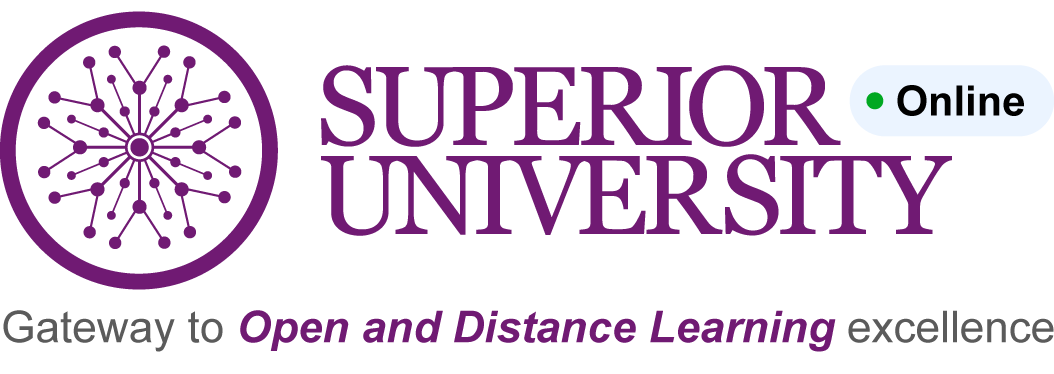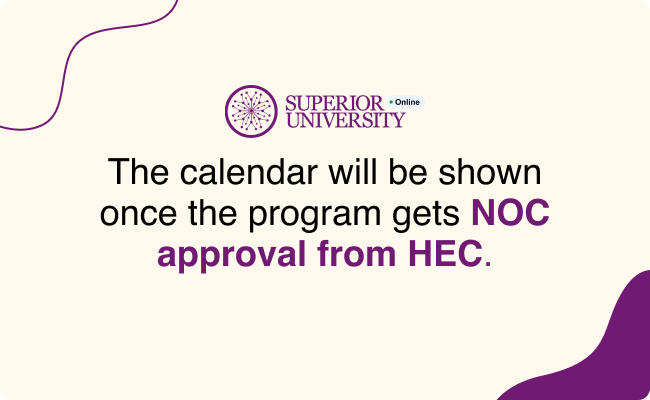BBA (Hons.)
Program Educational Objectives (PEOs)
The following program educational objectives (PEOs) are expected to be demonstrated by Bachelor of Business Administration (Honors) graduates within 4 years of their graduation. Bachelor of Business Administration (Honors) professionals will:
PEO 1: Develop graduates with sound business knowledge and skills to pursue professional careers, initiate and build entrepreneurial ventures, or join advanced studies in a well-informed and prepared manner.
PEO 2: Prepare emotionally intelligent business graduates who can perform effectively as responsible individuals, team players, and leaders in all types of environments and work settings.
PEO 3: Cultivate an entrepreneurial mindset in graduates, enabling them to view problems as opportunities and make significant contributions to their personal lives, businesses, and society.
Program Learning Outcomes (PLOs)
Here are the Program Learning Outcomes (PLOs) for Bachelor of Business Administration (BBA) program, based on the provided details:
PLO 1: Business Knowledge
Demonstrate in-depth knowledge of business management concepts, theories, and tools in areas such as Management/HR, Marketing, Accounting, Finance, and Operations to showcase functional competencies.
Demonstrate in-depth knowledge of business management concepts, theories, and tools in areas such as Management/HR, Marketing, Accounting, Finance, and Operations to showcase functional competencies.
PLO 2: Teamwork & Leadership
Understand leadership and teamwork concepts and strategies, working collaboratively in multidisciplinary and multicultural environments.
Understand leadership and teamwork concepts and strategies, working collaboratively in multidisciplinary and multicultural environments.
PLO 3: Communication
Exhibit effective communication skills, adapting various communication modes, techniques, and technologies to suit diverse situations.
Exhibit effective communication skills, adapting various communication modes, techniques, and technologies to suit diverse situations.
PLO 4: Innovation & Entrepreneurship
Approach problems innovatively, recognizing them as opportunities, and mobilize people and resources to create societal value.
Approach problems innovatively, recognizing them as opportunities, and mobilize people and resources to create societal value.
PLO 5: Lifelong Learning & Emotional Intelligence
Demonstrate life-long learning skills, including self-confidence, self-management, and empathy for maintaining strong interpersonal relationships.
Demonstrate life-long learning skills, including self-confidence, self-management, and empathy for maintaining strong interpersonal relationships.
PLO 6: Problem Solving & Decision Making
Identify and analyze problems by applying diverse analytical techniques to make informed decisions and formulate appropriate solutions.
Identify and analyze problems by applying diverse analytical techniques to make informed decisions and formulate appropriate solutions.
PLO 7: Technology Application
Leverage technology to enhance business operations, ensuring efficient and effective performance.
Leverage technology to enhance business operations, ensuring efficient and effective performance.
PLO 8: Ethics & Social Responsibility
Assess societal issues, proposing sustainable solutions aligned with professional ethics and business norms.
Assess societal issues, proposing sustainable solutions aligned with professional ethics and business norms.
PEOs-PLOs Mapping
| PLOs | PEO 1 | PEO 2 | PEO 3 |
|---|---|---|---|
| PLO-01: Business Knowledge | ✔ | ||
| PLO-02: Teamwork & Leadership | ✔ | ✔ | |
| PLO-03: Communication | ✔ | ✔ | |
| PLO-04: Innovation & Entrepreneurship | ✔ | ||
| PLO-05: Lifelong Learning & Emotional Intelligence | ✔ | ||
| PLO-06: Problem Solving & Decision Making | ✔ | ✔ | |
| PLO-07: Technology Application | ✔ | ✔ | |
| PLO-08: Ethics & Social Responsibility | ✔ | ✔ |


